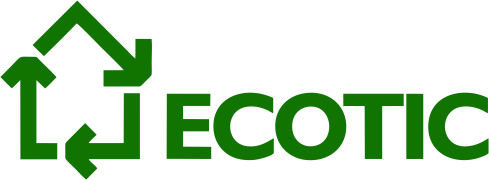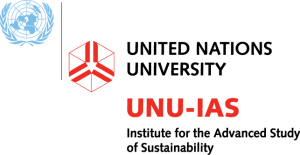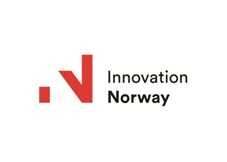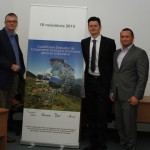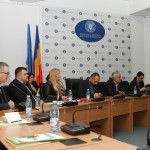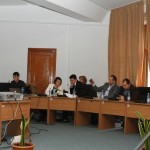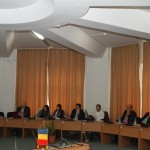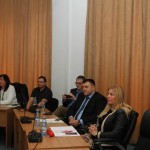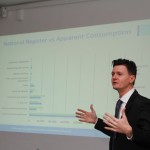On November 10, at the headquarters of the Ministry of Environment, Waters and P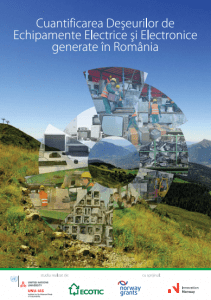 ECOTIC, together with the United Nations University - Institute for Advanced Sustainability Research (UNU), launched the results of the study "Quantification of Waste Electrical and Electronic Equipment Generated in Romania".
ECOTIC, together with the United Nations University - Institute for Advanced Sustainability Research (UNU), launched the results of the study "Quantification of Waste Electrical and Electronic Equipment Generated in Romania".
The study is an absolute premiere in Romania and comes as a result of the pressing need to show the state of affairs of generating, collecting and recycling WEEE in Romania. It was made within the project Steps for WEEE carried out by ECOTIC with funding from Norway Grants.
In short, here is what the study shows: in 2015, a Romanian owns an average of 72 kg of Electrical and Electronic Equipment (EEE). Of these, 7,35kg / person are disposed of as Waste Electrical and Electronic Equipment (WEEE). A maximum of 30% of what is generated ends up being collected through official collection systems and reported as a national result, 21% reach relatives and friends and the rest of the cases are characterized by negative habits: taken to rubbish, handed over to scrap metal street collectors or thrown away. at random. It is the real landscape of WEEE generation, collection and recycling in Romania.
There are two important reasons why it is essential for WEEE to reach authorized collection systems. First of all, waste electrical and electronic equipment that ends up in improper collection systems (about 70.000 tons) has a harmful impact on the environment and the health of the population, through pollutants that exist in WEEE and are not recovered and neutralized. Second, all equipment that does not enter the authorized flow are missed opportunities for the recycling industry. Therefore, consumer awareness is a key element in changing negative habits and their effects.
The event marked an important point in the field of WEEE collection and recycling in Romania: now the context has become clear, quantified, expressed in clear figures and data. It is the solid foundation on which we can all build concrete actions, from the level of public policies to the level of communication to the population. "The study is conducted by ECOTIC, but it is not just for us. We consider it a common resource and make it available to all decision makers, from political to operational. In the end, we have a common goal, regardless of whether we are talking about the Ministry, at the level of producers or local administration ”- Valentin Negoiță, President of ECOTIC.
We make available to all those interested the electronic version of the study, as well as the press release and the presentations made during the event.
Presentation by Dr. Federico Magalini
Partner: With the support of:
